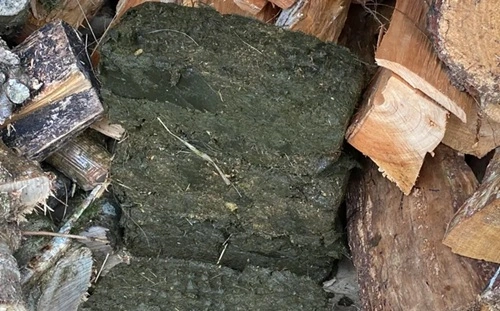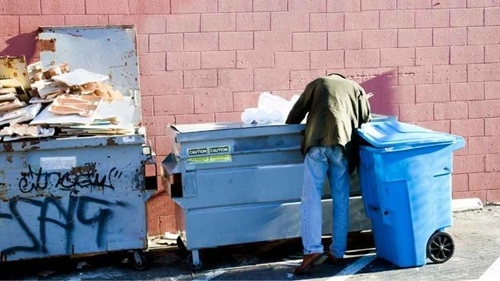Burning horse manure may seem like a convenient way to dispose of waste on a farm or ranch, but in the United States, it is heavily regulated due to environmental, fire safety, and public health concerns. Even if you own the land and the manure, burning it without proper authorization can violate federal, state, and local laws, potentially resulting in fines, criminal charges, or liability for damages.
Here’s a detailed legal analysis:

Federal Law: Environmental Protections
At the federal level, the Clean Air Act (CAA), enforced by the Environmental Protection Agency (EPA), regulates emissions from open burning. Horse manure itself is considered organic waste, but burning it can release smoke, particulate matter, and volatile organic compounds (VOCs) that contribute to air pollution.
While the CAA doesn’t explicitly ban burning manure, it prohibits emissions that affect air quality, particularly if they cross state lines or impact public health. This means that large-scale burning or burning in areas near residential or protected lands could trigger federal violations.
State and Local Laws: The Main Restrictions
Most of the legal issues with burning horse manure arise at the state and local level. Each state regulates open burning to reduce wildfire risk, air pollution, and nuisance complaints.
Permits Are Usually Required
In nearly every state, burning manure requires a permit from your local fire department or environmental agency. Examples include:
- California: Local air districts regulate open burning of agricultural waste, including manure. Violators can face fines up to $500–$5,000.
- Texas: The Texas Commission on Environmental Quality (TCEQ) requires a permit for controlled agricultural burns, including manure piles.
- Florida: Rule 62-256 prohibits open burning of agricultural waste without state authorization.
Fire and Health Restrictions
Even if a permit is obtained, the burn must follow safety regulations:
- Maintain a safe distance from structures and roads.
- Ensure proper weather conditions to prevent the fire from spreading.
- Control smoke emissions to avoid public health issues.
Violating these rules can result in civil fines, criminal citations, and liability for property damage or health problems caused by smoke.
Environmental and Health Risks
Burning horse manure isn’t just a legal concern — it can also pose significant health and environmental risks:
- Smoke contains particulate matter that can cause respiratory issues.
- Odors and gases can create a nuisance for neighbors and may violate local nuisance ordinances.
- Fire hazards exist if the pile is large or near flammable materials.
Due to these risks, many states encourage alternative disposal methods rather than open burning.
Legal Alternatives to Burning Horse Manure
If your goal is to dispose of manure safely and legally, consider these options:
- Composting: Converts manure into safe, nutrient-rich fertilizer while controlling odor and pathogens.
- Spreading on fields: Many farms use manure as a natural soil amendment, following agricultural guidelines.
- Manure digesters or bioenergy systems: Convert manure into renewable energy or fertilizer legally.
- Professional disposal services: Some waste management companies handle agricultural waste safely and in compliance with state law.
These methods are safer, environmentally friendly, and keep you within the law.
FAQs About Burning Horse Manure
Q. Is it illegal to burn horse manure on my property?
Yes, in most U.S. states, you need a permit to burn horse manure legally. Open burning without a permit can result in fines or criminal liability.
Q. Can farmers burn manure without a permit?
In some rural areas, small-scale burning may be allowed, but most states require a controlled burn permit and adherence to fire safety rules.
Q. What are the penalties for illegal manure burning?
Penalties vary by state but can include civil fines ($100–$5,000), misdemeanor charges, and liability for damages if the fire spreads or smoke impacts neighbors.
Q. Are there environmental concerns with burning manure?
Yes. Burning manure produces particulate matter, volatile organic compounds, and foul odors, which can harm human health and air quality.
Q. What is the safest way to dispose of horse manure legally?
Composting, field spreading following agricultural guidelines, or using professional manure disposal services are all legal and environmentally safe options.
Conclusion
Burning horse manure may seem convenient, but it is highly regulated and often illegal without proper permits. Federal laws like the Clean Air Act and state/local fire and environmental regulations restrict open burning to protect air quality, public health, and safety.
To stay legal and safe, farmers and horse owners should use composting, field spreading, or professional disposal services rather than attempting to burn manure. Doing so avoids fines, criminal liability, and environmental harm while still managing agricultural waste effectively.

